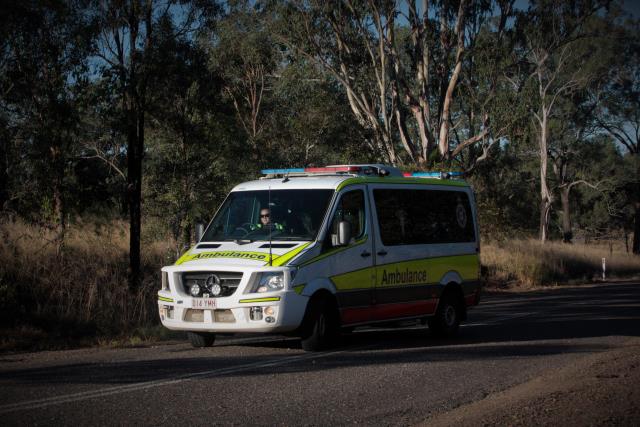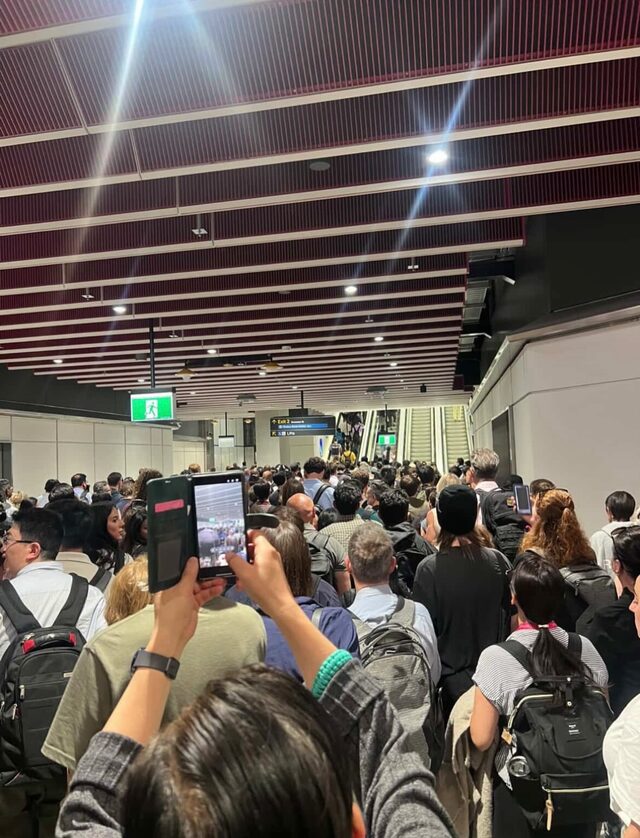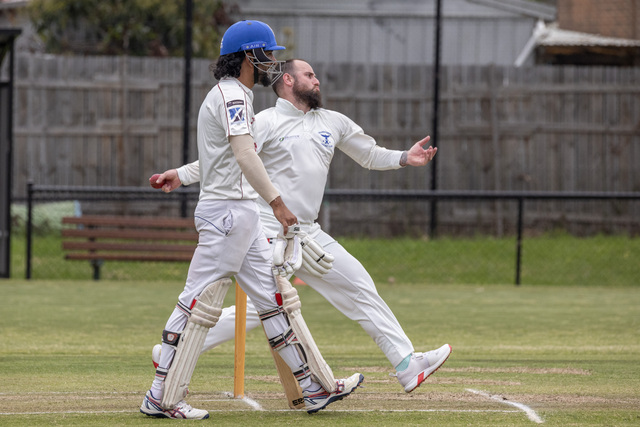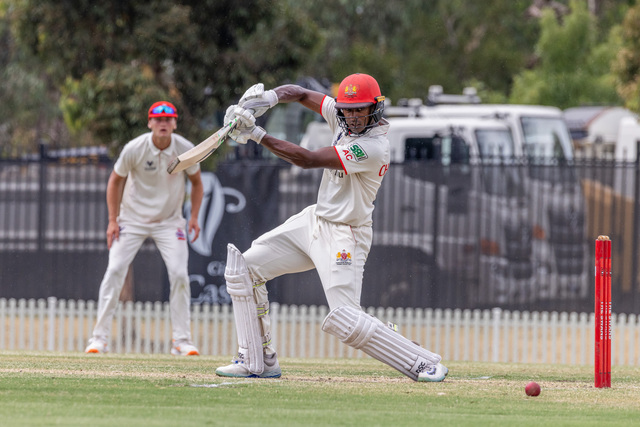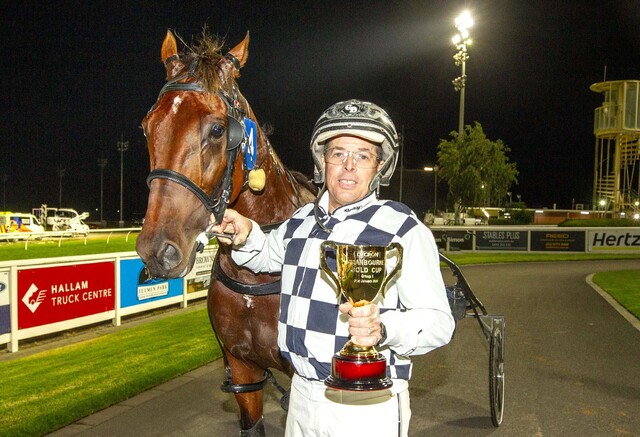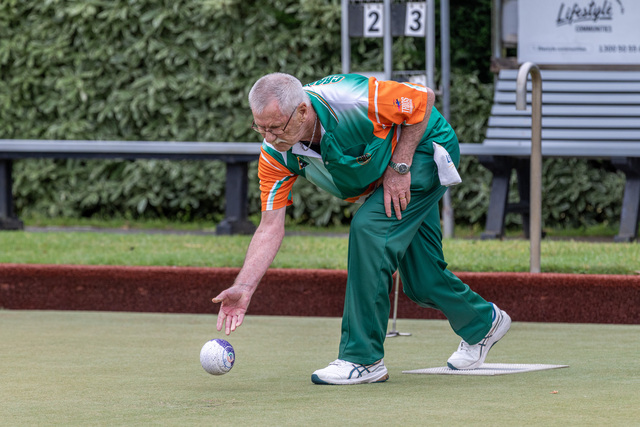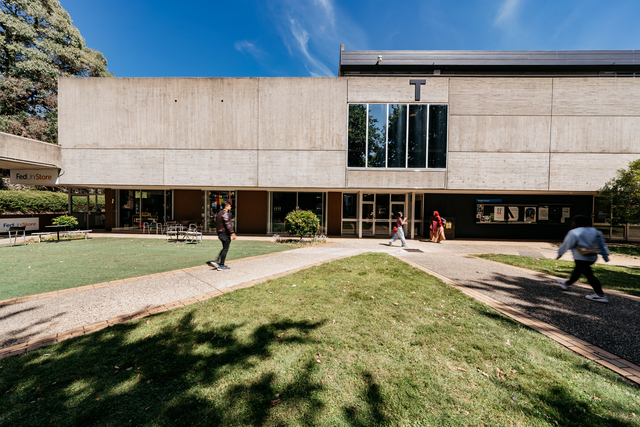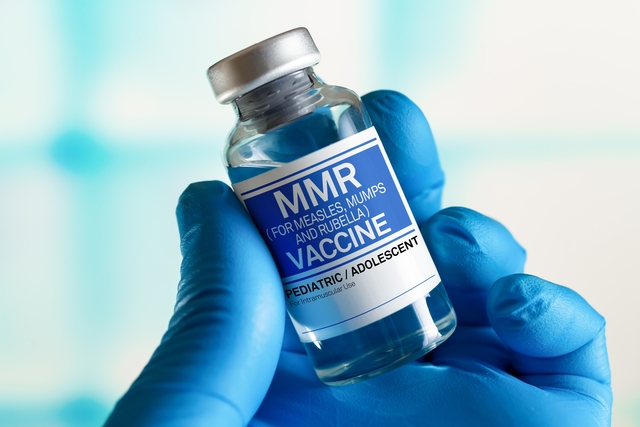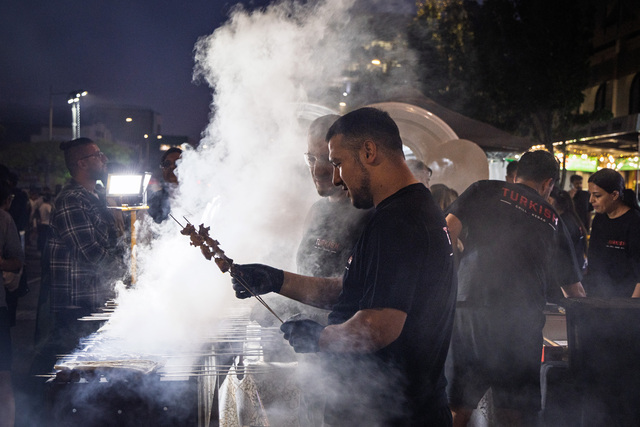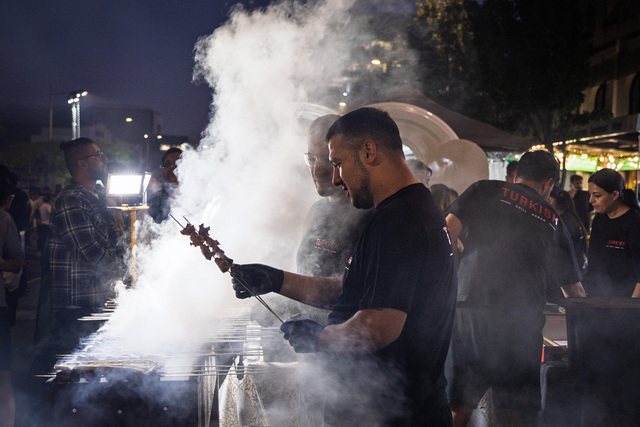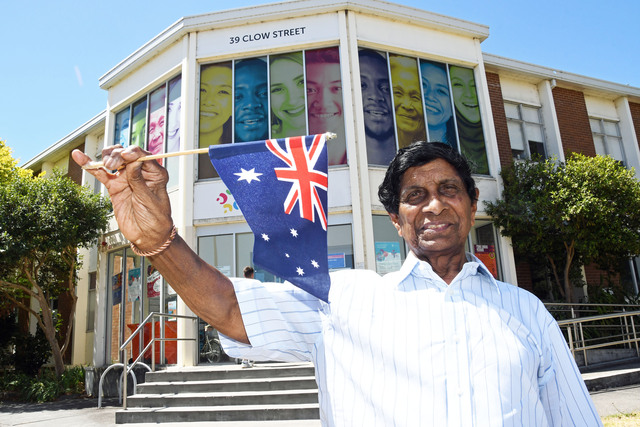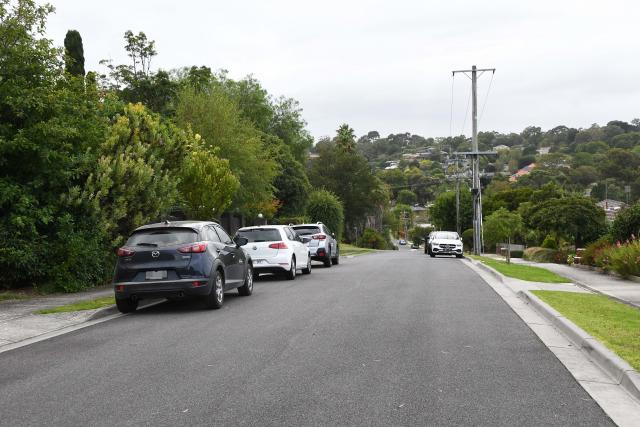Melbourne paramedics are urging Victorians to access alternative care options and to get their flu and Covid-19 vaccination shots before winter, with Casey being one the busiest LGAs in the metropolitan region.
The advice comes as new data shows demand for emergency ambulances remains high, the period of January to March this year being the busiest quarter three on record for the services.
However, Ambulance Victoria metropolitan regional director Michael Georgiou said paramedics across the state were reaching the sickest patients 31 seconds faster on average compared to last year, despite demand increasing by 4.4 per cent.
“Our hardworking paramedics and first responders in the Metropolitan Region deliver world-class care every day in the face of ongoing high demand – and we can all do our part to help,” Mr Georgiou said.
There was also improved performance in 62 of the 79 LGAs compared to last year; neighbouring Cardinia Shire was one of the municipalities seeing said improvements, with average response time to Code 1 patients one minute and 29 seconds faster in comparison to last year.
“Winter is a particularly bad time for the spread of illness, the good news is getting your flu shot and staying up to date with your COVID-19 vaccinations will help you and the people around you stay well. Book in now with your pharmacist or doctor,” Mr Georgiou said.
The quarter three for 2024 saw 150,048 Code 1 (time-critical) and Code 2 (urgent) cases combined, with 96,484 and 53,564 cases respectively.
Paramedics across Victoria responded to 67.7 per cent of Code 1 cases within the statewide target of 15 minutes, which is up from 65.2 per cent a year ago.
“Along with simple things like staying home if you’re unwell and washing and sanitising your hands often, these routine winter vaccinations can protect what’s most important to all of us – our health.
“We also encourage all Victorians to take care of themselves, keep regular check-ups with your GP or specialist – and if it’s not urgent, get familiar with alternative care pathways,” Mr Georgiou said.
Metropolitan regional director Vanessa Gorman added that there were many options available for people to access when timely medical care and health advice was needed, but not an emergency ambulance.
“If it’s not life-threatening you can connect directly with emergency doctors and nurses at the Victorian Virtual Emergency Department (VVED) from anywhere in Victoria, 24 hours, seven days a week.
“Other options also include your local Priority Primary Care Centre (PPCC), your GP or pharmacist, or Nurse-On-Call on 1300 60 60 24.
“By using these services, it helps keep our ambulances ready and available for the sickest patients, particularly those with life-threatening conditions,” Ms Gorman said.
Andrew Keenan, acting executive director of clinical operations said that while ambulances are always provided to patients when required, about one in five calls to triple zero do not need an emergency ambulance response.
“From January to March, 39,227 people who did not need an emergency ambulance were instead connected to more appropriate care by paramedics and nurses in AV’s Secondary Triage team.
“Over the past 12 months, paramedics have referred more than 28,850 patients to the VVED. A further 7,000 patients have been referred to the VVED following assessment by our Secondary Triage team – up 135 per cent from a year ago.
“We again remind everyone to save Triple Zero (000) for emergencies – this is to ensure the sickest Victorians receive life-saving care. If you do need an emergency ambulance, always call triple zero,” Mr Keenan said.

